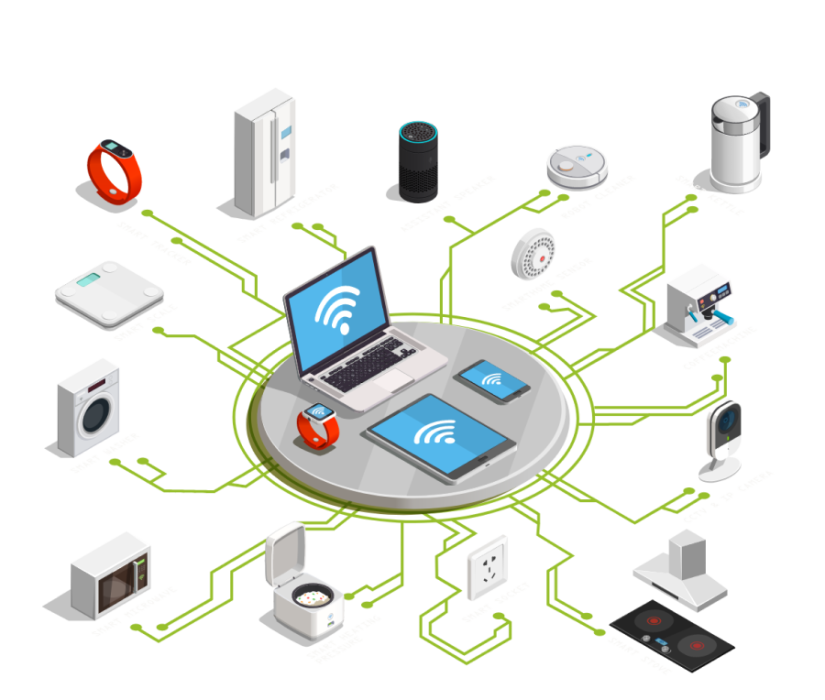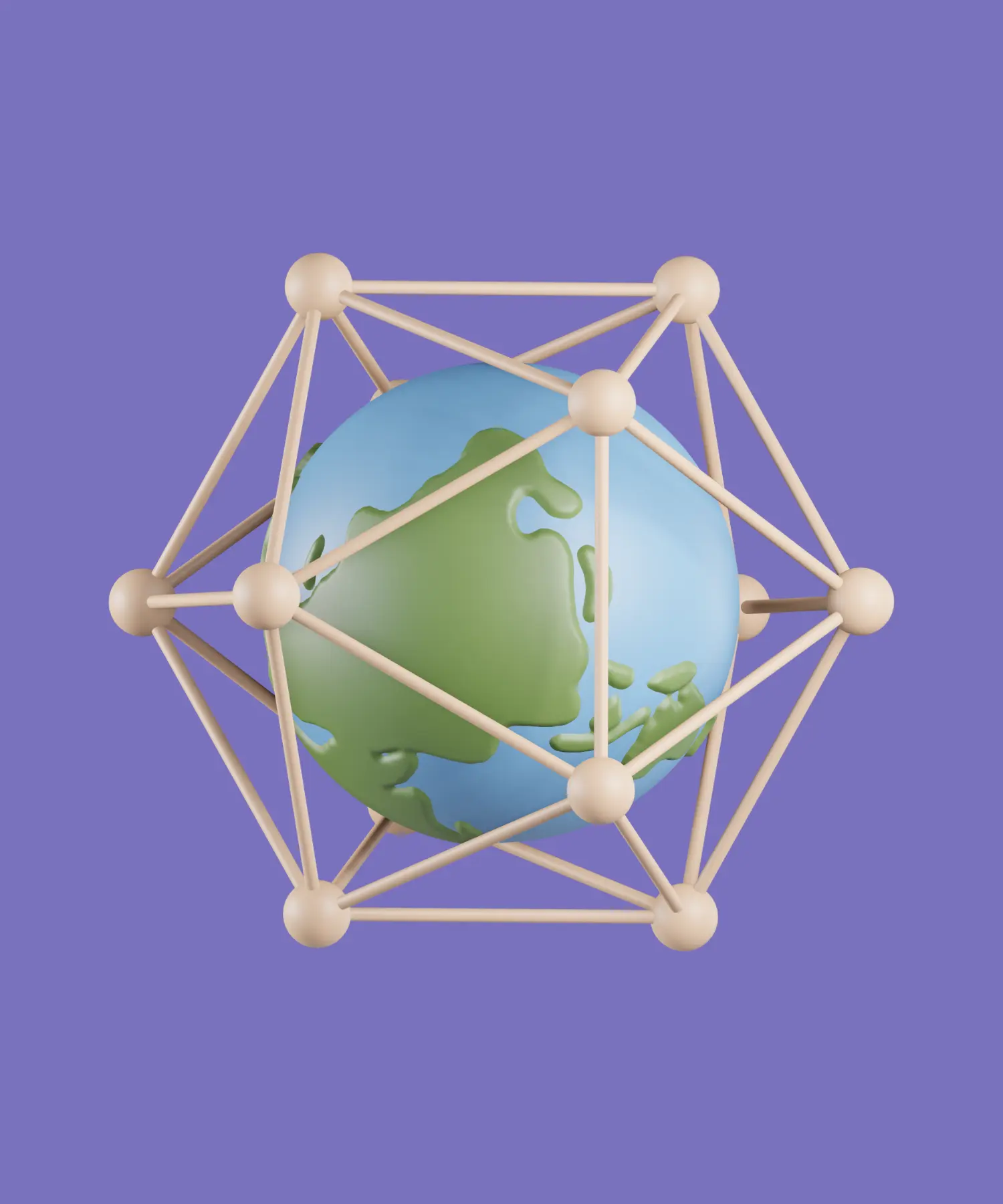Unlock The Future: Your Ultimate Guide To Login Remote IoT App
Imagine this: you're miles away from your smart home, but you can still control your lights, thermostat, and security system with just a few taps on your phone. Welcome to the world of remote IoT apps, where convenience meets cutting-edge technology. Whether you're a tech enthusiast or someone who simply wants to simplify their life, understanding how to log in and navigate remote IoT apps is crucial. This guide will walk you through everything you need to know, step by step.
In today's fast-paced world, the Internet of Things (IoT) has revolutionized the way we interact with devices. From smart fridges to automated door locks, IoT devices are everywhere. But here's the thing—what good are these gadgets if you can't access them remotely? That's where remote IoT apps come into play. These apps let you control your devices no matter where you are, giving you ultimate flexibility and peace of mind.
Now, before we dive deep into the nitty-gritty of logging in to your remote IoT app, let's take a moment to appreciate how far we've come. Just a decade ago, controlling your home devices remotely was a pipe dream for most people. Fast forward to today, and it's not only possible but also surprisingly easy. So, buckle up, because we're about to demystify the login process and show you how to make the most out of your remote IoT experience.
Read also:4u Hub Hd The Ultimate Guide To Unlocking Highdefinition Entertainment
What Exactly is a Remote IoT App?
Let's break it down, folks. A remote IoT app is basically a software application that allows you to interact with IoT devices from anywhere in the world. Think of it like a remote control for your entire smart home ecosystem. These apps are designed to be user-friendly, ensuring even tech novices can get the hang of them in no time.
Here's the kicker: remote IoT apps aren't just for home automation. They're also widely used in industries like healthcare, agriculture, and manufacturing. For instance, doctors can monitor patients' vital signs remotely, farmers can control irrigation systems without stepping foot on their fields, and factory owners can keep an eye on machinery performance from the comfort of their offices. The possibilities are endless!
And guess what? Logging in to your remote IoT app is easier than you might think. In the next section, we'll walk you through the process step by step, so you won't have to sweat it out.
Why Should You Care About Login Remote IoT App?
Okay, so you might be wondering, "Why does logging in to my IoT app matter?" Well, here's the deal: without a secure and seamless login process, you won't be able to access your devices when you need them the most. Imagine being stuck in traffic and wanting to turn on your air conditioner at home before you arrive. Without a smooth login experience, that convenience goes out the window.
Moreover, security is a big deal when it comes to IoT apps. Logging in securely ensures that only authorized users can access your devices, protecting you from potential cyber threats. In this digital age, where data breaches are becoming increasingly common, taking the necessary precautions is more important than ever.
So, whether you're a homeowner looking to automate your living space or a business owner aiming to streamline operations, mastering the login process for your remote IoT app is a must. Stick around, and we'll show you how it's done.
Read also:The Real Camilla Nude Unveiling The Truth Behind The Sensation
Step-by-Step Guide to Login Remote IoT App
1. Download the Right App
The first step in logging in to your remote IoT app is, well, downloading the app. Make sure you're downloading it from a trusted source, like the official website or app store. Trust me, you don't want to risk downloading a sketchy app that could compromise your security.
- Visit the app store on your smartphone or tablet.
- Search for the official app of your IoT device manufacturer.
- Read reviews and check the app's rating before downloading.
2. Create an Account
Once you've downloaded the app, the next step is creating an account. This is where things can get a little tricky, so pay attention. Make sure you use a strong and unique password to keep your account secure. And don't forget to enable two-factor authentication if the app offers it.
- Open the app and tap on "Sign Up" or "Create Account."
- Enter your email address and create a password.
- Follow the prompts to complete the registration process.
3. Connect Your Devices
Now that you've created an account, it's time to connect your IoT devices. This step may vary depending on the app and the devices you're using, but generally, it involves scanning a QR code or entering a device ID.
- Power on your IoT device and ensure it's connected to the internet.
- Follow the app's instructions to pair your device with the app.
- Test the connection to make sure everything is working as expected.
Common Challenges and How to Overcome Them
Let's face it—logging in to your remote IoT app isn't always a walk in the park. Sometimes, things can go wrong. But don't worry, we've got you covered. Here are some common challenges you might encounter and how to overcome them:
1. Forgotten Password
We've all been there. You try to log in to your IoT app, and suddenly you can't remember your password for the life of you. Here's what you can do:
- Tap on the "Forgot Password" option in the app.
- Enter your email address to receive a password reset link.
- Create a new password and make sure to write it down somewhere safe.
2. Connectivity Issues
Nothing's more frustrating than trying to control your devices only to find out they're not connected to the internet. Here's how you can troubleshoot:
- Check your Wi-Fi connection and make sure it's stable.
- Restart your router and try connecting your devices again.
- Update the app to the latest version for improved performance.
The Importance of Security in Remote IoT Apps
Security should always be at the forefront of your mind when dealing with remote IoT apps. After all, these apps give you access to some of the most personal aspects of your life. Here are a few tips to keep your data and devices safe:
- Use strong, unique passwords for your account.
- Enable two-factor authentication whenever possible.
- Regularly update your app and devices to patch any security vulnerabilities.
And remember, if something seems off—like an unexpected login attempt or unusual activity—don't hesitate to contact the app's customer support team. Better safe than sorry, right?
Exploring Advanced Features of Remote IoT Apps
Now that you've got the basics down, let's talk about some of the cool features that come with remote IoT apps. These apps aren't just about controlling your devices—they offer a whole range of functionalities that can enhance your lifestyle:
1. Automation Schedules
Set up automation schedules to have your devices perform certain tasks at specific times. For example, you can program your lights to turn on at sunset or your coffee maker to start brewing in the morning.
2. Voice Control Integration
Many remote IoT apps integrate with voice assistants like Amazon Alexa, Google Assistant, and Apple Siri. This means you can control your devices with just your voice, making your life even more convenient.
3. Real-Time Monitoring
Stay on top of what's happening with your devices in real time. Whether it's checking your home security camera feed or monitoring your energy consumption, remote IoT apps have got you covered.
Future Trends in Remote IoT Apps
As technology continues to evolve, so do remote IoT apps. Here are some trends to keep an eye on:
- AI-driven personalization for a more tailored user experience.
- Enhanced security measures to combat rising cyber threats.
- Integration with emerging technologies like 5G for faster connectivity.
Who knows what the future holds? One thing's for sure—remote IoT apps are here to stay, and they'll only get better with time.
Conclusion: Take Control of Your IoT Devices Today
There you have it, folks—a comprehensive guide to logging in to your remote IoT app. From understanding what these apps are to mastering the login process and exploring advanced features, we've covered it all. Remember, the key to a seamless experience lies in security and staying updated with the latest trends.
So, what are you waiting for? Dive into the world of remote IoT apps and take control of your smart devices like never before. And don't forget to share this article with your friends and family. Together, let's embrace the future of connectivity!
Table of Contents
- What Exactly is a Remote IoT App?
- Why Should You Care About Login Remote IoT App?
- Step-by-Step Guide to Login Remote IoT App
- Common Challenges and How to Overcome Them
- The Importance of Security in Remote IoT Apps
- Exploring Advanced Features of Remote IoT Apps
- Future Trends in Remote IoT Apps
- Conclusion: Take Control of Your IoT Devices Today
Article Recommendations


